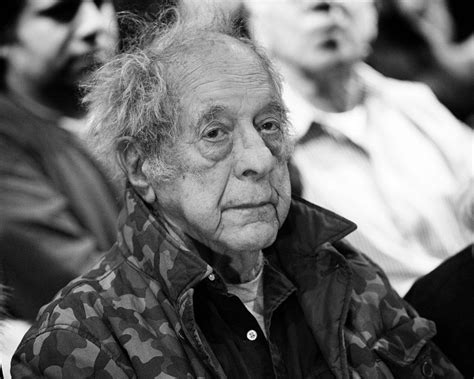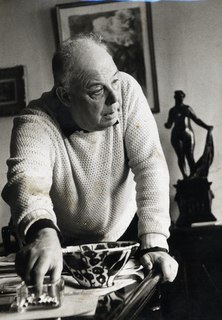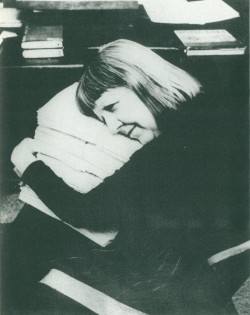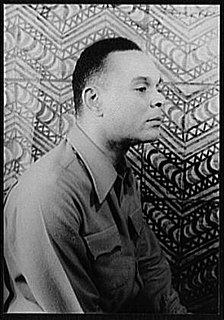A Quote by Vikram Seth
Realism hasn't fallen out of favor with most people, who are interested in people's lives rather than gymnastics of style or literary trends. It's a certain kind of academic who undervalues realism, largely because it is not amenable to endless exegesis.
Related Quotes
Realism as a foreign policy doctrine means basically you don't care about values; you consider them a luxury, and it leads to a kind of acquiescence in spheres of influence. Now, spheres of influence sound good if you're a graduate student, or a certain kind of - an academic with a certain habit of mind. But in fact, spheres of influence don't work out very well, certainly not for the victims, and there are always victims.
There is a popular superstition that "realism" asserts itself in the cataloguing of a great number of material objects, in explaining mechanical processes, the methods of operating manufactories and trades, and in minutely and unsparingly describing physical sensations. But is not realism, more than it is anything else, an attitude of mind on the part of the writer toward his material, a vague indication of the sympathy and candour with which he accepts, rather than chooses, his theme?
One of my favorite things about the Kung Fu Panda 3 is the look of it. We never go for realism. I think a lot of time when people go for 3D that's the mistake. Because we're never going for full realism - for computer generated live action films like Avatar the goal is realism, to make the audience feel like they are seeing something that is real. Lord of the Rings had character design and environments to make it look real, whereas we aren't going for that, we are going for something that is theatrically, viscerally, and emotionally real.
I'm definitely a big believer in the notion that a heightened style can get you closer to an authentic human experience than so-called realism on film. There are films I love that have kind of a muted or realistic style, but for me on any given day I have more moments during the course of a day that feel like a Fellini movie than I do a Cassavettes movie.







































